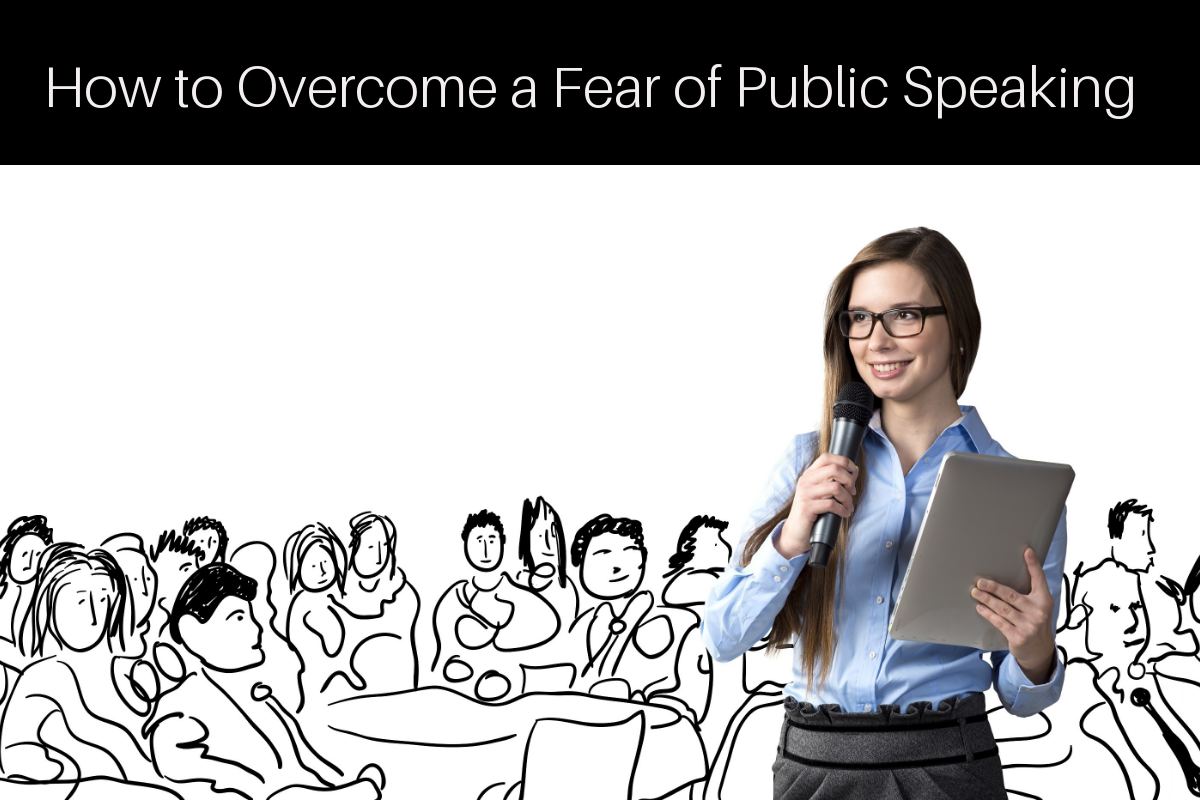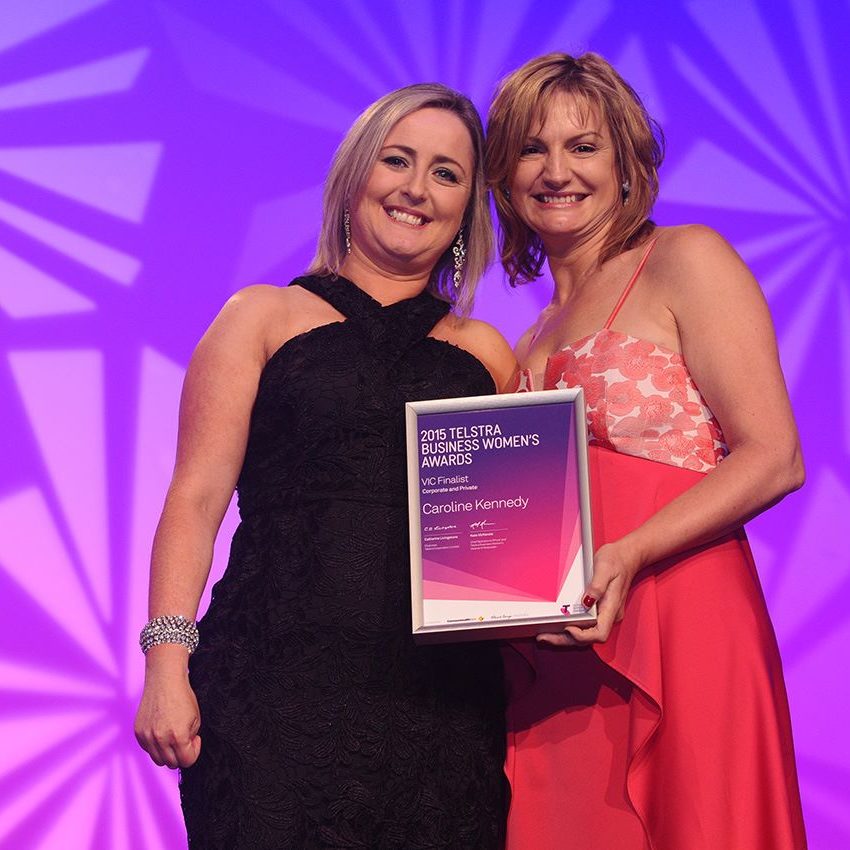When done right, public speaking can be enjoyable and extremely effective. Here is how to overcome any fear of public speaking that may be holding you back!
Public speaking is a part of our life that we must experience at some point. Whether you are pitching to a potential client, or simply speaking up in a meeting at work, somewhere along the line we will speak in front of others. Most of us will continue to do it well into our careers.
To some people, a fear of public speaking ranks higher than the fear of death. This means that many people would rather be the one in the casket than the person delivering the eulogy at a funeral! However public speaking doesn’t have to be a traumatic experience; in fact when done right, it can be enjoyable and extremely effective.
Here are some useful tips for effective presentations to help you get over any fear of public speaking.
#1 Practice as much as you can
If you are a nervous public speaker, the best way to overcome it is to practice your speech over and over. Practice in front of work colleagues, family and friends, while walking the dog – wherever. Practicing a speech is the most important thing you can do before presenting.
Familiarisation is the best deterrent to panic and anxiety. When you ‘wing it’ it increases your chances of stumbling because of a lack of structure and constant over thinking. Remember the audience can sense your nerves and your ‘thinking.’ Practice the best way to overcome that.
#2 Add some flair to your presentation
Nothing is worse than listening to a speech where the presenter is reading the entire time. Talk about boring! If you want to grasp the attention of your audience you must keep the presentation interesting. Add some humour, talk to the audience, and use some visual aids.
The purpose of the speech is to be relatable; the audience has to identify with you in some way. If you are reading the whole time, you are not identifying with the audience and your presentation can seem meaningless.
#3 Know who you’re talking to
Familiarising yourself with the audience and venue is a great way to reduce any nervous tension. Get to the venue early, and speak to some audience members. This can also help you identify what type of audience it is.
Know where you are and who you’re talking to. For example, if you’re speaking at a conference, the style of language would be different to if you are pitching an idea to a client. Also, have a walk around the venue before starting your speech. It is important to get used to your surroundings. This is an effective way to reduce nerves.
#4 Make your point clear from the get-go
Try and make the point at the beginning of the speech, and let that be the underlying theme that runs through the speech. This will give the speech shape, understanding, and it will allow the audience to connect. The purpose of a speech is to inform the audience.
Also, there is no need to tell the audience everything you know, rather, tell them what they need to know. The expression ‘less is more’ is pertinent in public speaking. There is nothing worse than sitting through a long speech without the slightest idea of what the speaker is talking about. It is important to be concise and brief.
#5 Consider your body language
Remember, a lot of communication is nonverbal. The audience will not just be looking at your face; they will be looking at your body as well.
Be confident in what you say; stand up straight, look at the audience, and smile from time to time. Put your hands by your side, not in your pockets and not behind your back. Don’t forget to dress appropriately and be comfortable as well. Getting your point across means showing the audience you are confident. Remember, presentation is not what is said but how it’s said.
While a fear of public speaking is something that many of us experience, it’s also a fear that can be easily overcome.
By putting plenty of effort in preparing for your speech and researching the people that you will be presenting to, you will soon find that all the worries you had about standing in the spotlight will be for naught.











